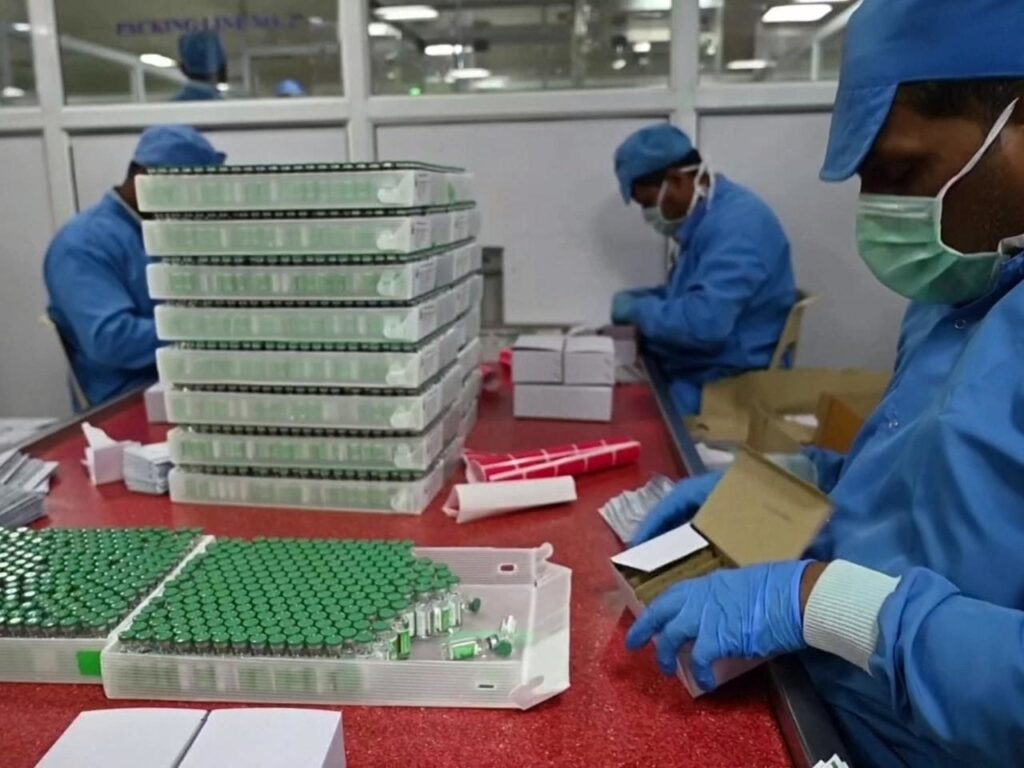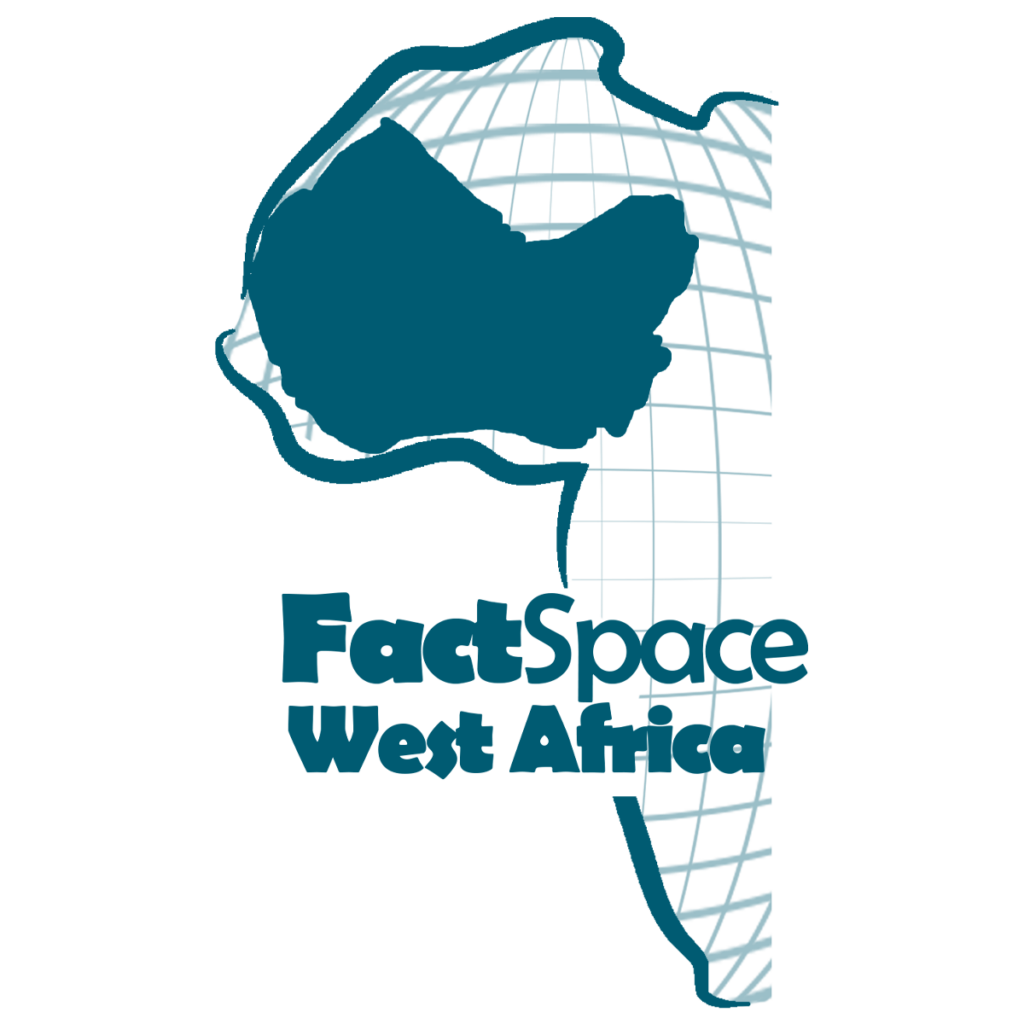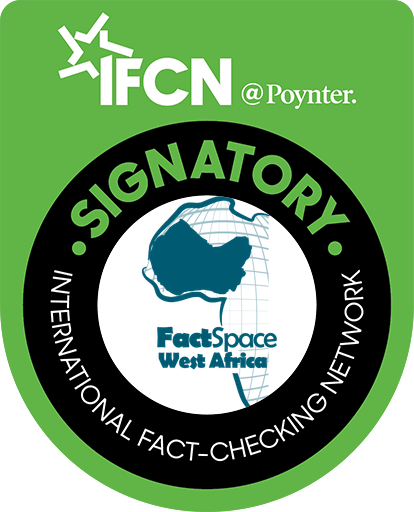
Claims: 4 claims about COVID-19 vaccines
Source: Facebook comments
Researched by Gifty Tracy Aminu
The roll-out of mass COVID-19 vaccination in Ghana has received a mixed reaction. While some eligible persons are receiving their first shot of the COVAX vaccine, others are still expressing misgivings about its safety.
Ghana is the first country to receive vaccines through the World Health Organization’s COVAX programme with a delivery of 600,000 doses of the AstraZeneca vaccine.
However, a Facebook post meant to measure the public’s acceptability of the healthcare intervention has generated a conversation around people’s fears about the vaccine and what informs their positions.
This fact-check report will verify four claims made in the comment section of the post.
Claim 1
“This is the same vaccine South Africa has rejected why are we going for something that been rejected by other country,” one comment read.
Fact-Check
On February 7, the AstraZeneca vaccine roll-out in South Africa was put on hold after a study showed disappointing results against the new COVID variant, 501Y.V2 that has been dominant in the country.
This was based on a study conducted by a team at the University of the Witwatersrand, South Africa, with the country now planning to swap or sell its stock of one and half million doses of the AstraZeneca jab.
The study recruited 2000 relatively healthy and young volunteers with a median age of 31 years and with few comorbidities. The aim of the trial was to assess the safety, immunogenicity and efficacy of the AstraZeneca vaccine for the prevention of COVID-19 caused by the predominantly circulating new SARS-CoV-2 variant.
“Protection against moderate-severe disease, hospitalization or death could not be assessed in this study as the target population was at low risk,” preliminary findings from the study showed.
According to a statement issued by Africa Centres for Disease Control and Prevention (Africa CDC), there is still limited evidence to conclude that the AstraZeneca vaccine does not offer adequate protection against severe disease and death in individuals infected with the new SARS-CoV-2 variant.
“For countries that HAVE reported the circulation of the SARS-CoV-2 N501Y.V2 (or B.1.351), we recommend the acceleration of their preparedness to introduce all COVID-19 vaccines that have received emergency use authorization or approval by regulatory authorities. Consideration should be given to the effectiveness of the vaccine against SARS-CoV-2 N501Y.V2 or any other circulating SARS-CoV-2 variant in the country,” Africa CDC has said as part of four recommendations.
Meanwhile, the Ghana Food and Drugs Authority (FDA) has given Emergency Use Authorization to two COVID-19 vaccines: (i) Sputnik V vaccine from Generium Joint Stock Company, Russia; and (ii) Oxford-AstraZeneca/ Covishield from the Serum Institute of India.
The FDA, after reviewing both of these vaccines, concluded that they are efficacious, safe and of good quality.
Verdict
The claim is rated Partly True.
Claim 2
“There’s nothing in it as a cure to the virus. Someone is just making out of it. Concentrate on your nnim tree steaming and other local concoctions after receiving the vaccine…,” another person said.
Fact-Check
According to the World Health Organisation(WHO), there is currently no licensed medication to cure COVID-19.
However, there are now several vaccines that are in use, with at least 7 different vaccines (3 platforms) having been administered. The first mass vaccination programme started in early December 2020 and as of 15 February 2021, 175.3 million vaccine doses have been administered.
On February 15, 2021, the WHO upon rigorous evaluation of vaccine candidates through the Emergency Use Listing (EUL), recommended two versions of the AstraZeneca COVID-19 vaccine for emergency use in addition to the Pfizer/BioNTech vaccine which was given operational authorization on December 31, 2020.
Vaccines save millions of lives each year. Vaccines work by training and preparing the body’s natural defences — the immune system— to recognize and fight off the viruses and bacteria they target. After vaccination, if the body is later exposed to those disease-causing germs, the body is immediately ready to destroy them, preventing illness.
The WHO says it is working closely with national authorities to ensure that global norms and standards are developed and implemented to assess the quality, safety and efficacy of vaccines.
Meanwhile, GhanaFact has duly flagged in the past claims that steam therapy and local concoctions can help in treating or curing COVID-19.
Verdict
The claim is a mix of accurate and inaccurate content and is rated Mixture.
Claim 3
“They’ll take it to the schools and they’ll make it compulsory for every student to be vaccinated,” another
Fact-Check
Ghana’s COVID-19 vaccination programme will be deployed in three phases based on segmentation.
“Group 1 by way of segmentation, persons at most risk and these are principally frontline Healthcare Workers, frontline security personnel, Persons with known underlying medical Conditions, People 60 years and above and Frontline persons of the Executive, Legislature, and the Judiciary,” Programme Manager, Expanded Programme on Immunisation (EPI), Ghana Health Service, Dr Kwame Amponsa-Achiano has stated.
According to him: “Ultimately the vision is to vaccinate the entire population but for now, the initial target based on the safety profile of the vaccine, we are targeting approximately 20 million persons.”
However, Ghana’s Health Minister Kwaku Agyeman-Manu says the government has not decided on making the coronavirus vaccine jab compulsory for Ghanaians.
“If it becomes necessary, that may be a way government will go. But for now, it is a bit premature for us to predict that situation, but we will anticipate that,” Mr Agyeman-Manu said in a Citi News interview.
Verdict
The claim that students would be targeted and compulsorily vaccinated is False.
Claim 4
“I should take it to fight Coronavirus and in my latter life, I’ll experience health issues?…” another person said.
Fact-Check
The US Centers for Disease Control and Prevention (CDC) says the vaccine offers protection against COVID-19 and while you may experience some side effects after taking the jab, it is normal and indicates your body is building immunity against the virus.
According to manufacturers of the AstraZeneca vaccine, like all medicines, the vaccine can cause side effects, although not everybody gets them.
The World Health Organisation (WHO) has also assured that like any vaccine, COVID-19 vaccines can cause mild side effects, such as a low-grade fever or pain or redness at the injection site.
“Most reactions to vaccines are mild and go away within a few days on their own. More serious or long-lasting side effects to vaccines are possible but extremely rare.”
Verdict
The claim is rated Misleading.



